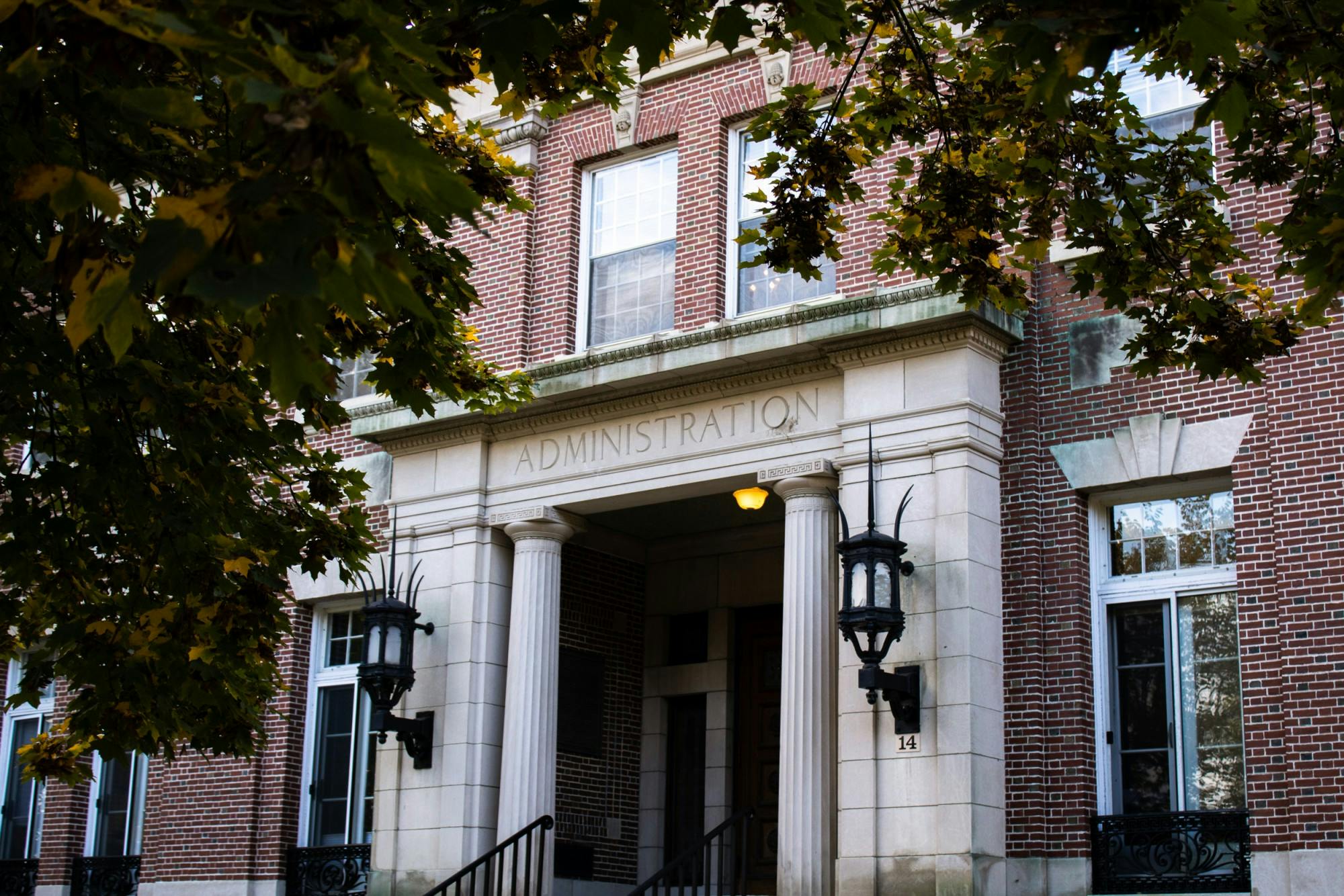In a Feb. 21 message posted on the College’s website, Provost David Kotz wrote that the College had decided not to voluntarily recognize a graduate student union organized by Graduate Organized Laborers at Dartmouth that would be associated with the United Electrical Radio and Machine Workers of America (UE). Kotz wrote that unionization would slow down an already “efficient” system of communication between the College and graduate students, currently mediated by collaboration with the Graduate Student Council.
Kotz wrote that Dartmouth does recognize graduate student workers’ right to unionize, pursuant to a 2016 ruling in favor of graduate students by the National Labor Relations Board (NLRB). However, Kotz noted that efforts to unionize would require an election based on NLRB regulations.
According to the UE website, the union includes workers in traditional jurisdictions including electrical manufacturing and metalworking, as well as federal contract workers, teachers, clerical workers, graduate workers and other types of employees. The Graduate Organized Laborers of Dartmouth website calls upon the College to recognize its union and a variety of goals, including a higher graduate student stipend, increased privileges for international students — like visas for immediate family members — and subsidized childcare. According to the College, Ph.D. students currently receive $35,196 in annual stipends and annual tuition scholarships equivalent to $80,916.
According to a document published by the College, unionization of GOLD would remove the Graduate Student Council’s ability to work on behalf of graduate students with the College — leaving the union as the “sole authority and exclusive agent empowered to negotiate with Dartmouth for issues related to compensation, hours worked, and other conditions of employment.”
“Dartmouth believes that collective bargaining may slow down individualized response to situations that arise and would introduce additional cost, time, and bureaucracy to a system that is already working efficiently. We would like to emphasize that if a majority of students voting in such an election are in favor of unionization, the union will be recognized immediately and include all graduate student workers, including those who did not vote or do not want to be in a union,” Kotz wrote in the letter.
According to Ph.D student and GOLD organizer Rendi Rogers, GOLD sent the request for voluntary recognition of a union to the college on Feb. 14.
“We are going to file a petition and request a recognition election for the beginning of spring term, and based on how they're doing at other schools we expect to win by a huge margin,” Rogers said.
She cited graduate student worker unionization elections at Northwestern University and Johns Hopkins University, both of which resulted in over 90% approval from graduate workers.
Upon GOLD’s request, the National Labor Relations Board will send employees to Dartmouth to hold the recognition election, and graduate workers will cast their ballots at polling places on campus, according to Rogers. In Oct. 2021 GOLD formally started handing out union cards and since then 70% of the unit has signed cards.
“Our top line is a living wage. So when we first started out, we came up with the number 1,668 [dollars], which is how much additionally to what we're already paid per month, it would take for us to live without rent burden in the Hanover area,” Rogers said.
According to the U.S. Department of Housing and Urban Development, rent burden is defined as “spending more than 30 percent of income on housing.” Rogers said GOLD also wants to negotiate for “comprehensive benefits” including childcare, full scale reproductive care, dental and vision insurance, as well as insurance for dependents.
“It’s a really good example for us to point to that they were at the bargaining table, negotiating for what were really common sense measures they had with credible arguments laid out for why they wanted what they wanted. And [they] were told time and time again by administration that it wasn't possible and then, as soon as they showed a strong capability of withholding their labor, suddenly all of those things became possible,” Rogers said.




